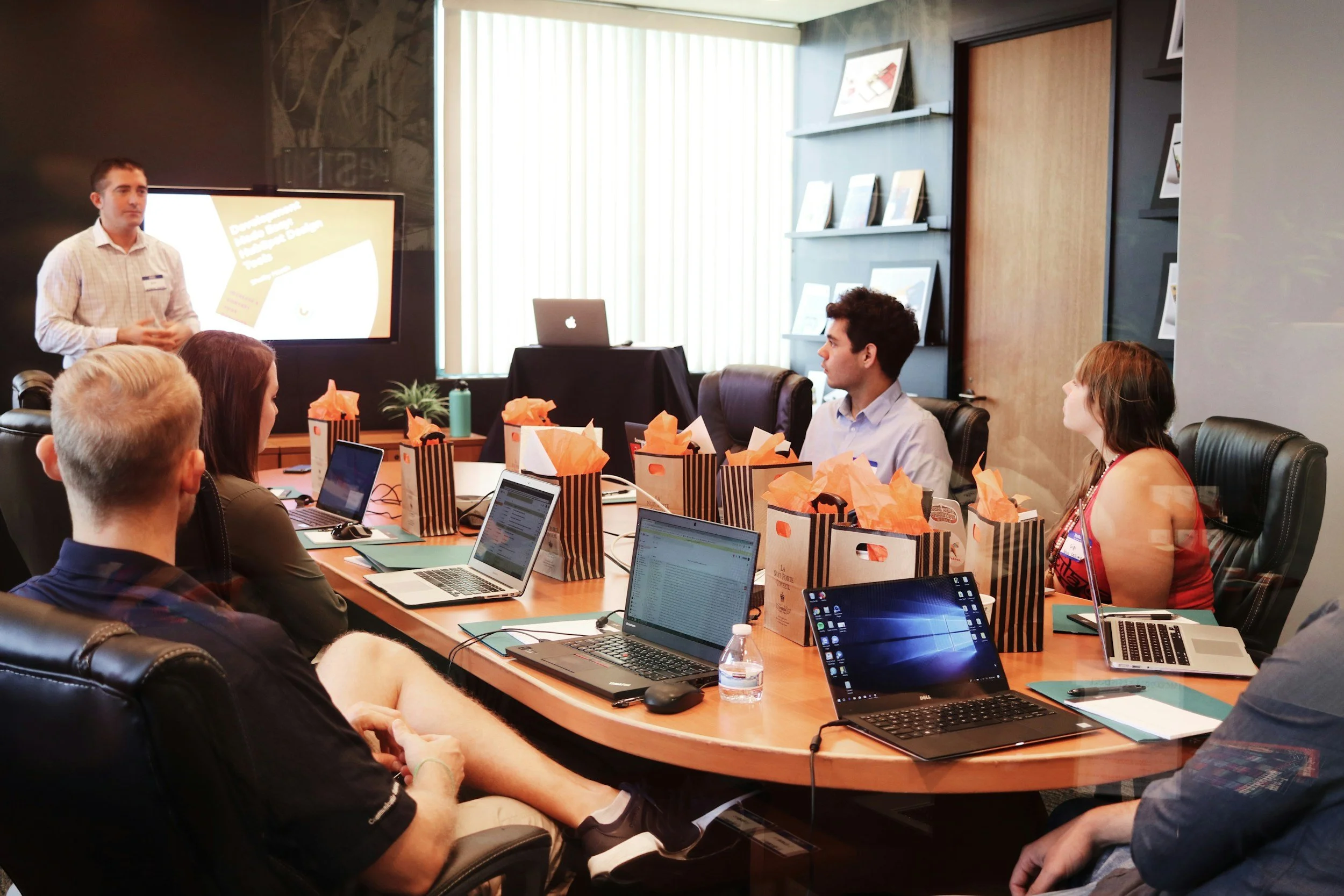Employee Value Proposition
A strong employee brand is essential for attracting and retaining top talent. By crafting a compelling narrative that showcases your company's unique culture, values, and benefits, you can build a powerful employer brand that resonates with high-performing professionals.
Our approach involves:
Storytelling: We'll help you develop a compelling narrative that captures the essence of your organization and inspires employees.
Employee Value Proposition (EVP): We'll identify your unique value proposition and communicate it effectively to potential and current employees.
Benefits and rewards: We'll design a competitive benefits package that meets the needs of your employees and aligns with your company's culture.
By partnering with us, you can:
Increase employee satisfaction and engagement: Create a positive and fulfilling work environment.
Attract top talent: Position your organization as an employer of choice in your industry.
Boost employee retention: Reduce turnover and build a loyal and committed workforce.
Workforce Strategy
The Importance of Workforce Strategy: A Focus on "Buy or Build"
A well-defined workforce strategy is essential for organizations to achieve long-term success. It provides a roadmap for acquiring, developing, and retaining the talent needed to meet business objectives. One crucial aspect of workforce strategy is the "buy or build" skill model, which determines whether an organization should hire externally (buy) or develop internally (build) the necessary skills. At Manning People Services we will analyse your current skill and need gap and develop a comprehensive recruitment and development program to support your business positioning it for growth.
Why is the "Buy or Build" Model Important?
Cost-Effectiveness: Hiring externally can be expensive, especially for in-demand skills. Developing talent internally can be more cost-effective in the long run.
Timeliness: If a skill is needed immediately, hiring externally may be the fastest option. However, developing talent internally can provide a more sustainable solution.
Culture Fit: Internally developed talent is more likely to align with the organization's culture and values.
Succession Planning: Building talent internally can help create a pipeline of potential leaders and successors and increase employee commitment and satisfaction

